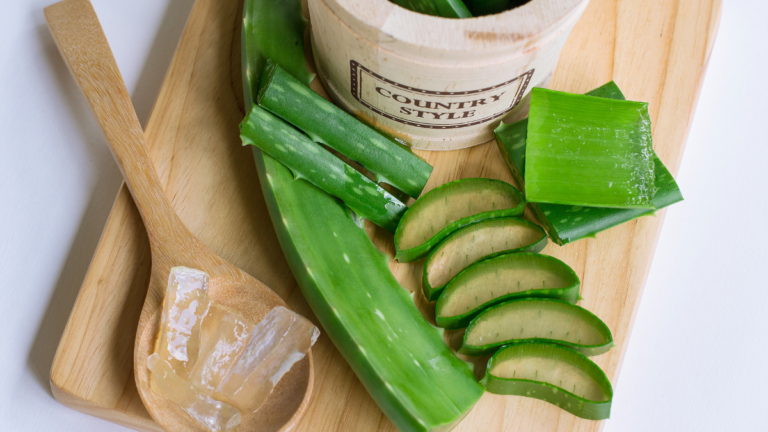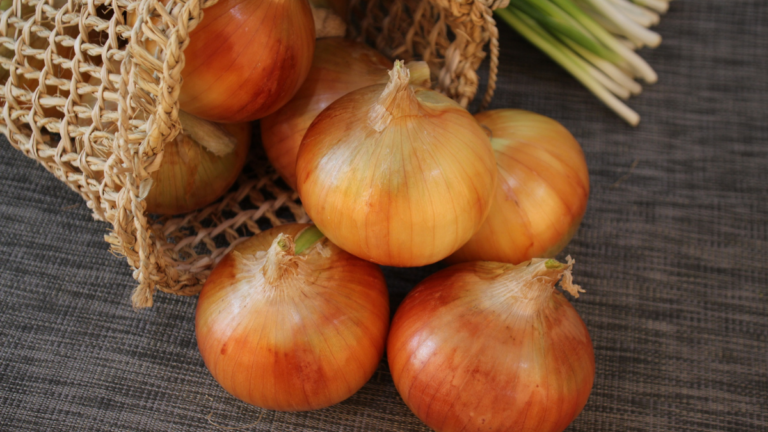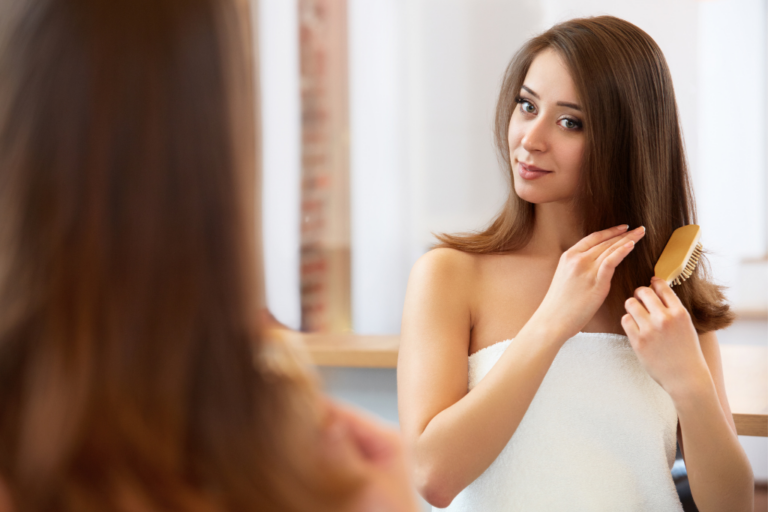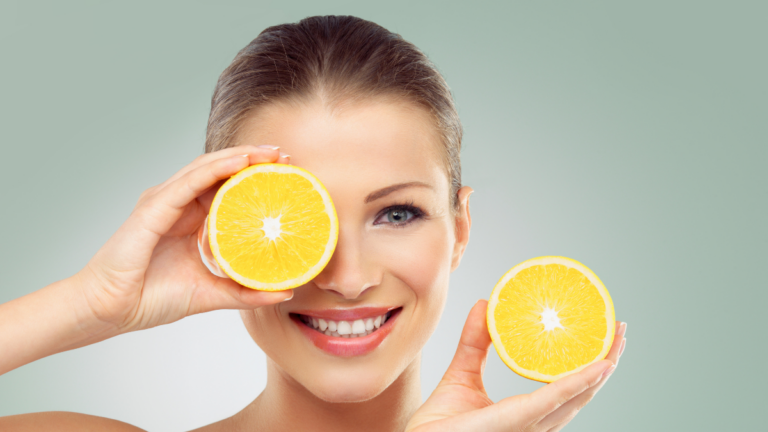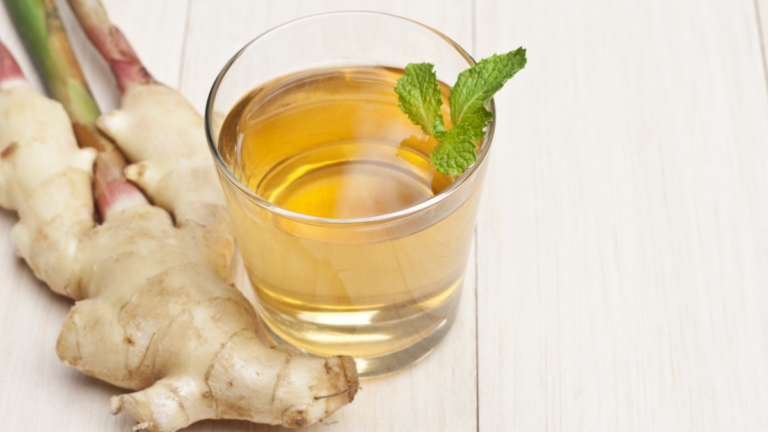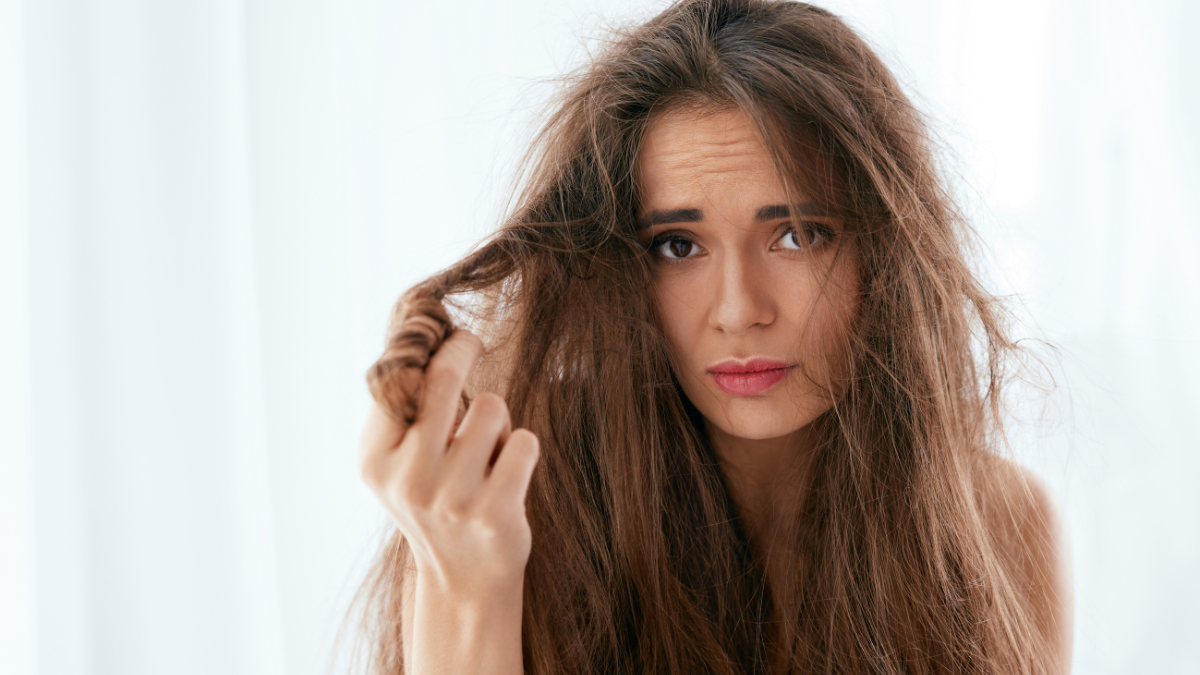
Hair comes in different types, styles, textures, and lengths, and when it comes to maintaining your hair health, well, that needs constant, care, attention, and kindness.
Your hair is sensitive to changes in the environment, diet, and overall lifestyle, and doesn’t matter what type of hair you have, just about anybody and everybody falls prey to at least one of the hair problems. Nowadays, due to pollution or other factors, we all face common hair problems. Between the blow-dry addiction, straightening habits, hot showers, and regular root touch-ups – we’re all guilty of being less than kind to our hair.
Every head comes with its own unique set of problems, and while some things are truly out of your control, the solution for how to manage your mane may just require a small tweak to your routine! Sometimes, all you need are simple and effective hair care tips coming straight from the experts.
Let’s find out what are some of the most common hair problems and how to tackle them to achieve a head full of beautiful, nourished, and healthy hair.
Common Hair Problems and How To Fix Them
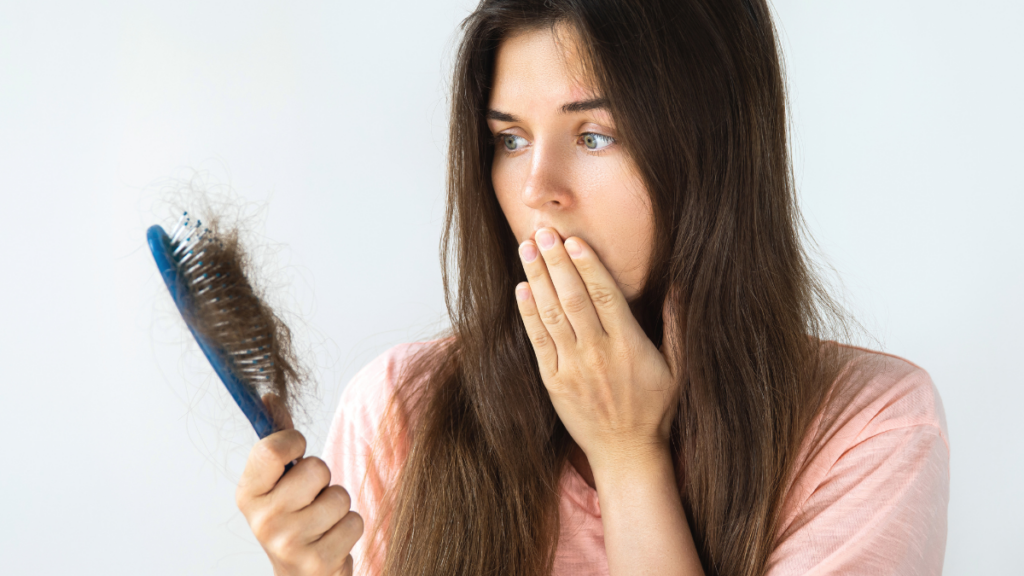
1. Hair Loss
Hair loss or hair fall is a frequent concern for both men and women. Losing 50 to 100 strands of hair in a day is normal, but if you experience a sudden and noticeable increase in your daily hair loss, it’s time to look back at the past few months of your life.
Hair loss can occur due to many factors such as stress, hormonal imbalance, and using the wrong products. If you’ve recently switched over to a new product and have experienced excessive hair fall, it’s easy to pinpoint the culprit. Apart from that, certain diseases (eg, thyroid problems, diabetes, and lupus), medicines, or poor nutrition may also cause hair loss. Once you have found the cause of your hair loss, it becomes easier for you to address the problem in the correct manner.
Ways to prevent hair loss
Some ways you can prevent hair loss include adding protein-rich foods to your diet, staying hydrated, and exercising regularly. Using paraben-free, sulfate-free shampoos with natural actives like aloe vera, Moroccan argan oil, etc. can help rejuvenate your hair growth effectively.
Staying away from excessive heat from styling tools also helps. Lastly, Vitamins like vitamin B5, manganese, and magnesium, whether ingested or applied topically, can also help to strengthen and support hair follicles. Look for shampoos that contain amino acids and antioxidants – natural ingredients like hibiscus and Noni can help nourish your scalp.
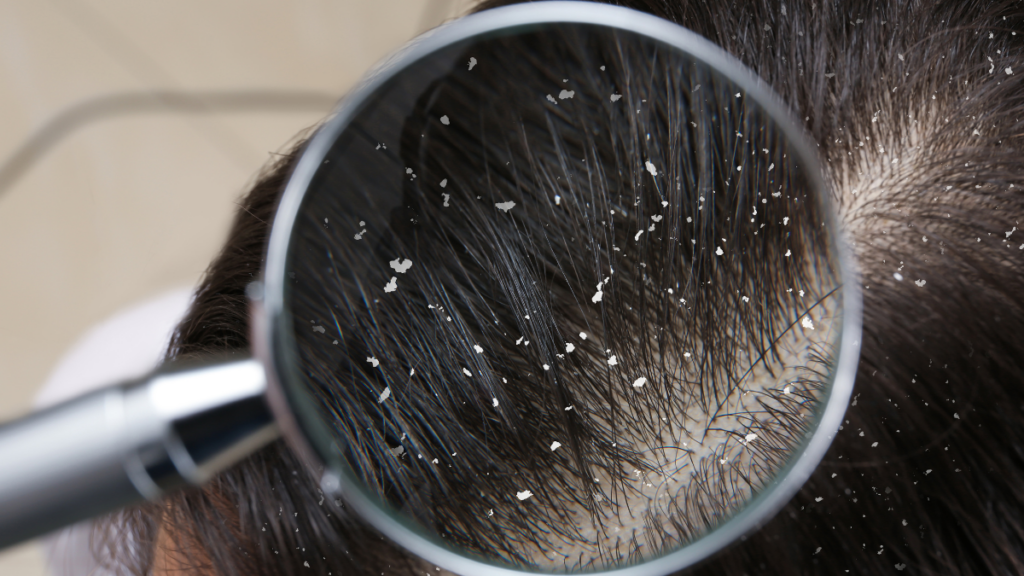
2. Dandruff
Dandruff needs no introduction. It occurs when the skin on the scalp peels off and flakes. While dandruff is often mistaken for poor hygiene, the primary causes of dandruff are the dry scalp, excess sebum, and sensitivity to certain products. White flakes falling from your hair can be both embarrassing and challenging to treat. It also leads to itchy and dry scalp, which leads to hair fall.
How do you get rid of dandruff?
Shampoos containing natural compounds like apple cider vinegar and aloe vera can be really effective while fighting dandruff. Apple cider vinegar has antimicrobial and anti-inflammatory properties that lower levels of yeast on the skin, while aloe vera moisturizes and soothes the scalp. Keep your hair and scalp clean by using a shampoo infused with natural actives till dandruff disappears entirely.
Massaging your scalp with hair oils with onion extracts and ginger extracts can also help treat dandruff owing to the anti-inflammatory properties present in these natural ingredients.
Some other ways to keep a check on your dandruff include reducing stress, consuming probiotics, and adding omega-3 fatty acids to your diet.
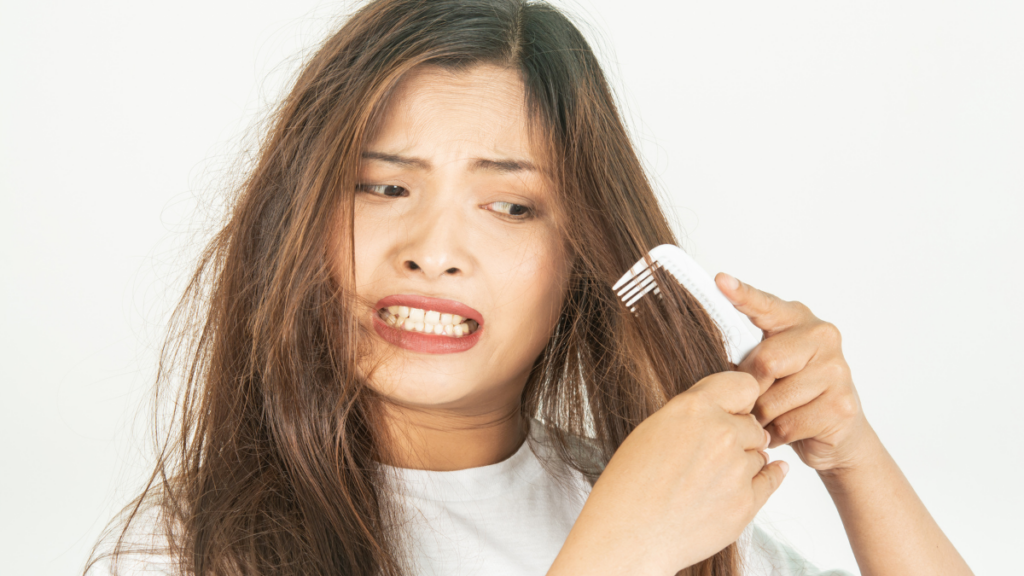
3. Dry Hair
If your hair feels rough and dry, it is begging you for protein. Other underlying issues that can affect your hair texture and cause dryness can be menopause, birth control pills, pregnancy, or hormonal imbalance. Anemia and hyperthyroidism can also cause dryness. Ill-suiting products, excessive shampooing, bad water quality, or a certain scalp condition are some of the other common causes of dry hair.
Ways to treat dry hair
Dry hair should be treated with the utmost care and gentleness. Few people know that the wrong products are the biggest cause of dry hair. Instead, you should look for brands and products that actually suit you. Also, it’s important to avoid washing your hair with shampoo more than 3 times a week. Use a gentle conditioner after you wash your hair. Conditioner infused with Moroccan argan oil can help restore hydration to your hair effectively.
Hair oils also prove to be very effective in reversing the damage, by softening your strands and making dry hair shiny and manageable. Avoiding hot showers and changing the way you dry your hair can also help prevent dryness. Try to stay away from things that make your hair more fragile like sun and chlorine exposure, pollution, chemical treatments, and heat styling.
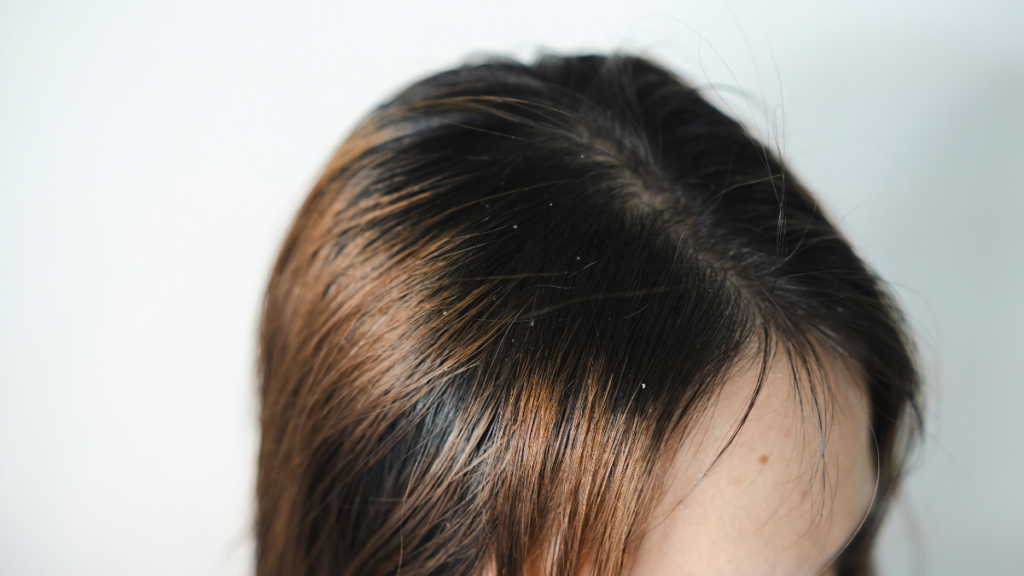
4. Oily Scalp
From hormonal changes to poor nutrition, there are numerous reasons why your hair can get excessively greasy. But the biggest culprit? Overwashing! It’s true. If you wash your hair more than 2 to 3 times a week, you’re probably drying out your scalp. This causes the scalp to produce more oil to compensate for the natural oils lost. Some other reasons for an oily scalp can be poor diet, genetics, or hormonal changes.
How to tackle an oily scalp?
Shampoo your hair 2-3 times a week. However, since excessive shampooing even aggravates this problem further, you can use a dry shampoo on days your hair feels too greasy. Using lukewarm or cold water to wash your hair can help. Hot water stimulates the sebaceous glands, which leads to an increase in oil production. Keep in mind that you need to shampoo properly, condition carefully, and rinse thoroughly. Skip using leave-in conditioners and other products that add too much moisture to your hair.
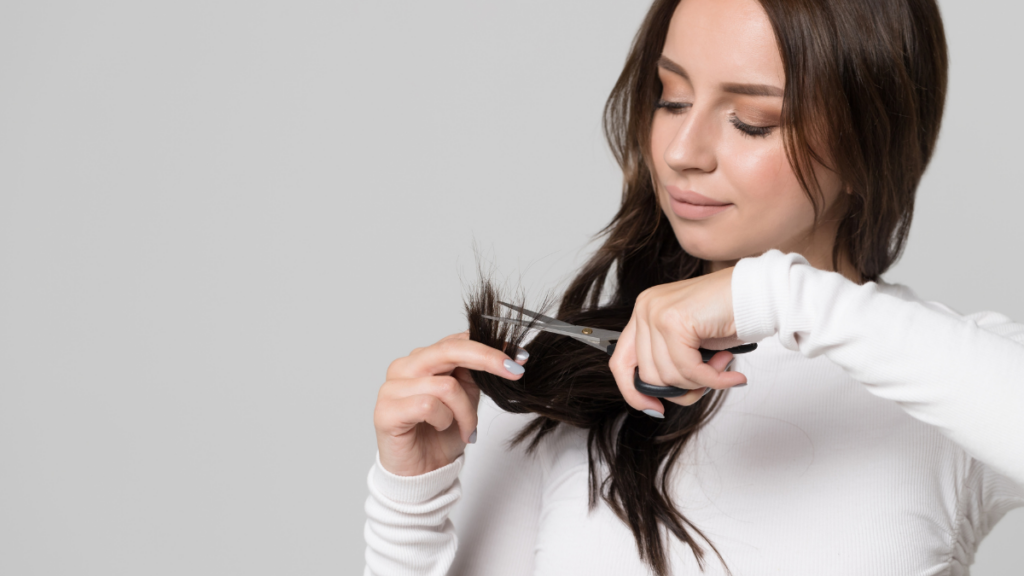
5. Split Ends
You can “reverse” split ends– That’s probably one of the biggest beauty myths that exist. Unfortunately, the truth is, the only way to fix a split end is to cut it off. However, you can always keep split ends from getting worse and prevent them from happening in the first place. Incorrect ways of brushing, excessive blow-drying, and flat ironing are some common reasons that cause split ends.
Ways to fix Split ends
A protein-infused conditioner can help repair the split ends and prevent them from climbing further up the hair strand. To avoid further damage from happening, blow-dry your hair on cool, and use a fine-toothed comb instead of a brush to detangle (as brushing can drag the knots and result in breakage). If you use hair styling tools frequently, invest in a quality heat protectant and avoid placing heat directly onto the ends of hair.
Getting a trim every 1-2 months is the best hair treatment for split ends. Another thing that helps fight split ends is, when conditioning your hair, use a wide-tooth comb to spread the conditioner evenly. As the ends that are drier are prone to split, it’s best to always apply a gentle shampoo nearer to the scalp, and conditioner from mid-hair to the ends for added moisture.
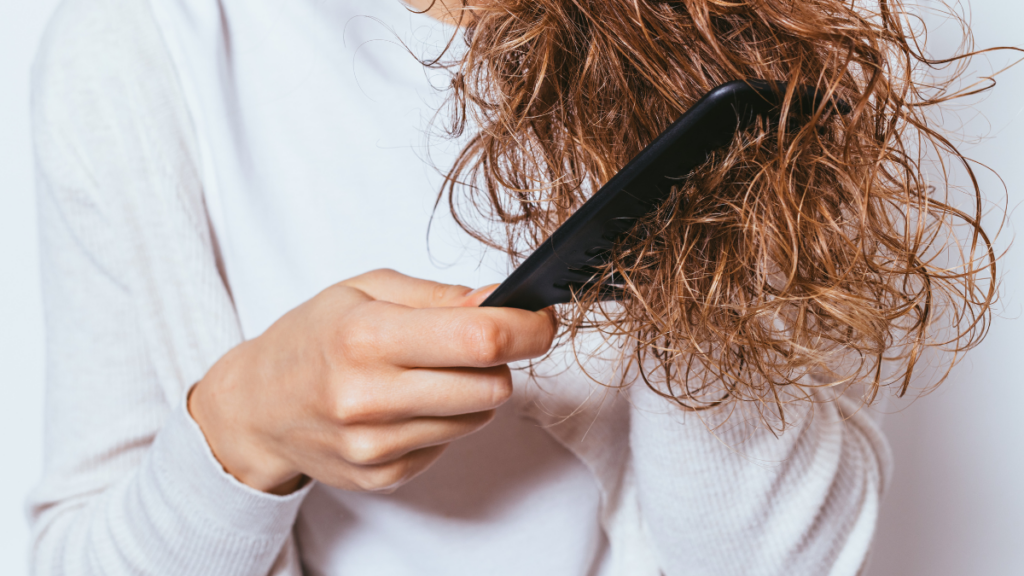
6. Frizz And Flyaways
Frizz occurs when your hair’s outermost layer, called the cuticle, isn’t sealed all the way, causing moisture to seep in. It can happen due to a number of reasons, including dryness, damage, sun exposure, or a bad blowout. Inappropriate or ill-suited products and bad weather conditions are some other reasons for frizz. In order to control frizz and keep hair sleek, the cuticle should lay flat. Frizz isn’t just a challenge you face on a windy day. It can happen anywhere, anytime. Even minor changes in hair’s keratin or moisture level sometimes lead to unmanageable and frizzy hair.
How to get rid of frizz?
Conditioners infused with natural sources of proteins can help strengthen porous cuticles. Always reach for conditioners with avocado, Moroccan argan oil, aloe vera, and other natural extracts to reduce frizz. Use cold water and sulfate-free, paraben-free shampoos to wash your hair 2-3 times a week. Avoid washing every day as that would only make your hair drier, therefore frizzier.
Using a wide-toothed comb when your hair is wet, and a boar bristle brush when it’s dry can help manage frizz. Pre-shampooing – which is the process of applying a protective hair treatment before you lather up is also a good tip for frizzy hair, especially if you have curly hair. Warm oil treatments also work wonders to nourish damaged and frizzy hair.

